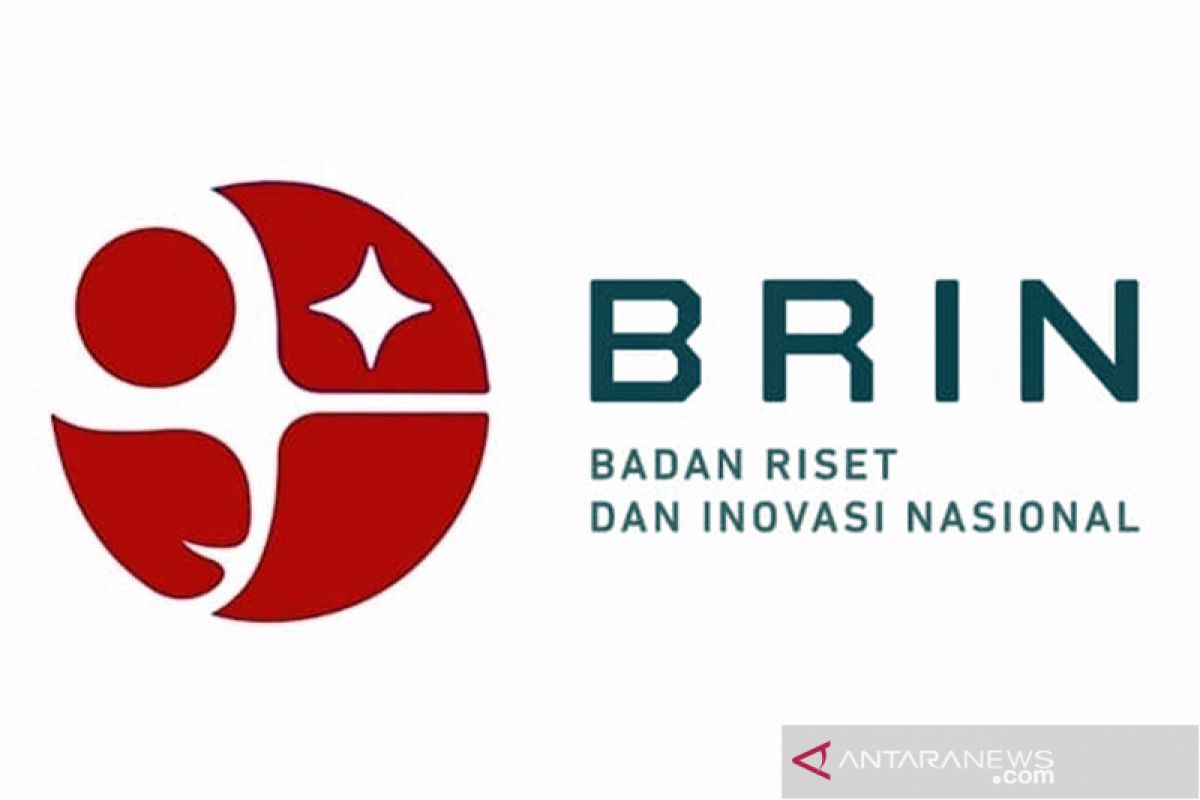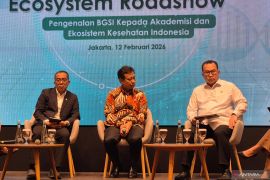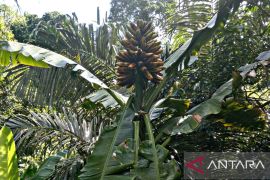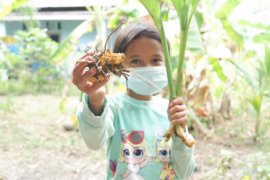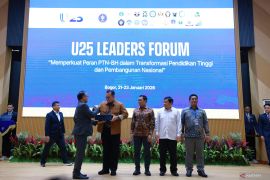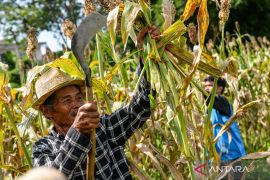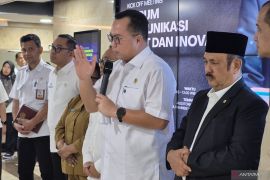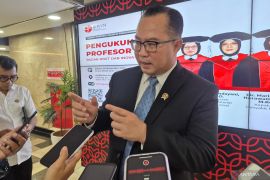VLP is different from the real virus because it does not have any genetic material so it cannot be transmitted and replicated. It is what makes VLP safer compared to using live viruses in the development of vaccine productionJakarta (ANTARA) - The National Research and Innovation Agency (BRIN) has developed a virus-like particle (VLP) using the silkworm genetic expression system as one of the platforms for producing vaccines.
"VLP is different from the real virus because it does not have any genetic material so it cannot be transmitted and replicated. It is what makes VLP safer compared to using live viruses in the development of vaccine production," a researcher at BRIN’s Research Center for Vaccines and Drugs Doddy Irawan Setyo Utomo informed in a statement released on Wednesday.
During research, his team used silkworms as a protein expression system for the development of the VLP because that could increase protein stability, facilitate post-translational modification, and produce higher secreted protein.
It is also a sustainable and environmentally friendly protein expression system, which does not need any aseptic conditions.
The researched noted that compared to other vaccine development platforms, VLP has high immunogenicity and safety, thus it is an ideal platform for vaccine development.
Furthermore, VLP is a form of viral structural protein, thus it has inherent properties and the ability to self-assemble and mimic the morphology of the pathogen.
Hence, VLP can be used to study the mechanism of a viral infection and trigger the immune response.
Utomo said that the reason his team is using the VLP technology is because of its similar geometric structure and extraordinary uniformity, having particulate properties, ability to become multivalent, as well as possessing the same antigenic as the original virus.
VLP can also be used as a vector to display foreign antigens on its surface. The hollow interior of VLP can be filled with materials for various viral therapies.
In addition, VLP also has high stability in extreme environmental conditions, compared to dissolved antigens.
Earlier, Health Minister Budi Gunadi Sadikin said that Indonesia is still importing seven vaccine antigens, including the Measles, Rubella, Injectable Polio (IPV), Japanese encephalitis, Human Papilloma Virus (HPV), Pneumococcal Conjugate Vaccine (PCV), and Rotavirus.
The provision of imported vaccines makes up the biggest chunk of spending of the Health Ministry, he said. Hence, the Indonesian government is striving to improve domestic vaccine development technology.
Related news: Mercury use at six small gold mines down 23 tons: ministry
Related news: BRIN bolsters data gathering infrastructure amid blue economy push
Related news: BRIN develops R-SIDa to support local economic innovations
Translator: Martha Simanjuntak, Uyu Liman
Editor: Azis Kurmala
Copyright © ANTARA 2022
